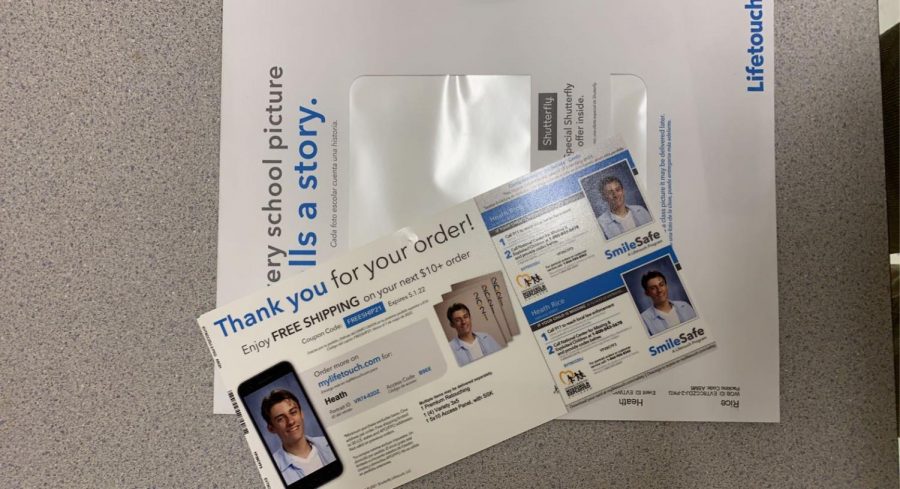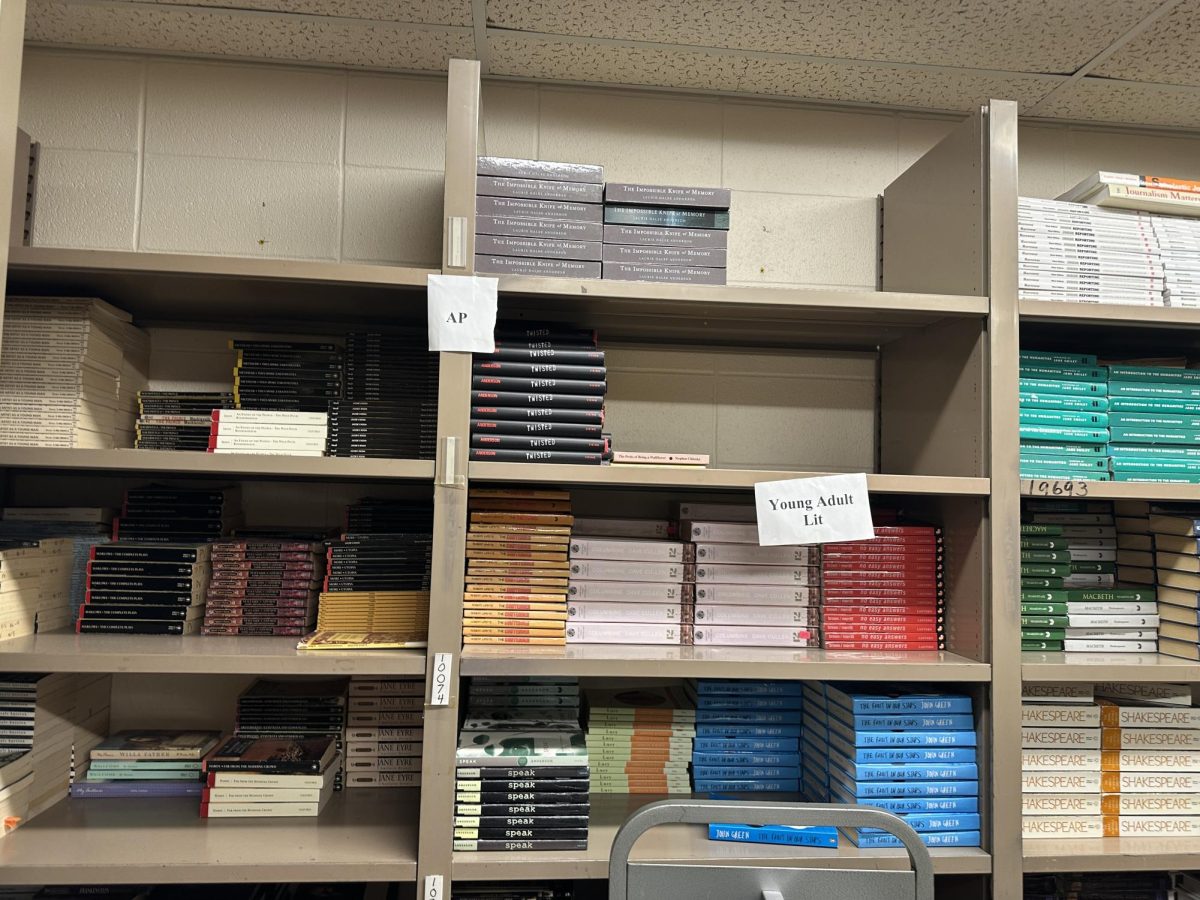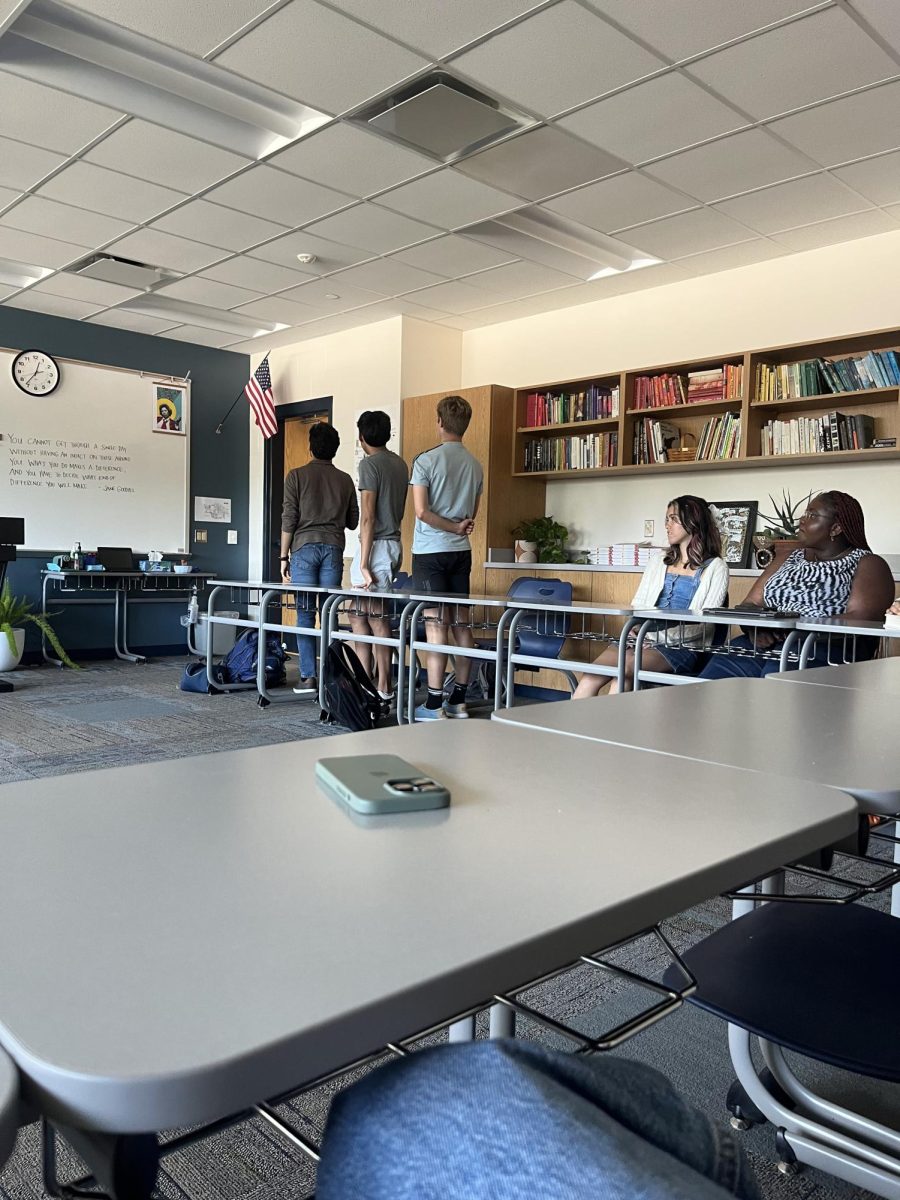Although beauty standards have seemed to become more inclusive in recent years, those that physically appear outside of the strict guidelines of society continue to be berated in more subtle ways. This ostracization is particularly harmful to impressionable children.
One that typically gets glanced over is the way children’s school pictures appear, as numerous stories have surfaced of children’s unique features being photographed inadequately or even photoshopped out.
One mother of a deaf preschool student was outraged to find that her son’s hearing aids had been edited out of his school pictures and posted a short video to TikTok on October 13 in order to spread awareness of the issue.
But this story has made it clear that the implications of what photography companies may view as “touch-ups” can be detrimental. “I’m upset and sad that they think something is wrong with hearing aids,” the mother stated in the comment section of her account, @thesedeafkidsrock.
The mother elaborated on the predicament and how it affected her son in an additional video.
“These are my son’s hearing aids, they help him hear, they are part of who he is, he likes them, he likes the color of them, he asks for them,” she said. “For them to edit it out is stripping away a part of who he is, it’s sending a message to him that part of who he is, part of his hearing loss, is something he should be ashamed of.”
Clearly, the message that is sent through the school photos can be detrimental to this child’s self-esteem and confidence in his deafness while growing up, although he is only three years old. “If they keep editing the photos like this, eventually he is going to catch on and it is going to affect him,” she affirmed.
This is not the only story of unacceptable school picture editing that has surfaced this fall. Another mother on TikTok, @fierymasala, has continuously noticed poor lighting in school photos of her son nearly every year he gets them done.
This mother explained in a video on the app that her son’s complexion was flushed out and misrepresented, as the two are people of color. “They can’t use the right lighting for different skin tones,” she stated. “We want to see more than just their eyeballs and their teeth!”
These issues make it apparent that photography companies are solely catered to a specific societal standard and often fail to produce quality photos for those that may fall outside of this standard. “Lifetouch, who is your default set for?” @fierymasala exclaimed in an additional video.
Aside from incidents that could be unintentional, something many companies that provide school portraits often give as an option for parents to purchase is “touch ups,” which essentially includes the smoothing out of the child’s face.
Oftentimes, when a parent purchases this package, editors will remove freckles, pimples, birthmarks and blemishes, even though these features are a part of what makes that child uniquely themselves.
These issues as a whole especially become problematic when easily influenceable children have to watch their distinctive features be censored from their own viewing, from their parents and from their peers when the photos are in the yearbook. Consequently, the problem is also hurtful when children take this as a reason to cover up their individuality, thus developing potentially lifelong self-esteem issues.
This dilemma therefore poses the question: why must children have to question what makes them unique in a setting where they are there to learn and develop healthy thoughts and practices?
There have been many cases where students at school are taught to dismantle their individuality in less subtle ways. One example is through a story titled “Stop Teaching Kids to Hate Themselves” by Melinda List, in which she voices her poor experiences in school due to her appearance.
List felt as though she took up too much space as a child, and those around her affirmed these feelings. “My classmates and teacher all validated my self-hatred by encouraging weight loss,” she stated in her story.
So rather than explaining that List was perfect as she was when she expressed feelings of wanting to lose weight as a child, her feelings of self-doubt were encouraged.
List continued by explaining that while her peers may not have understood the weight of their messages, the teacher was fully capable of understanding the issue in their problematic messaging. These messages extend past List herself, towards all of the students who can consequently develop biased thinking about others’ appearance.
All children are perfect, and no adult should claim this to be false in any way. Society must stop producing self-hating thoughts through children for the betterment of the future, whether it is subtle or not.

















Abby Webster • Oct 31, 2021 at 8:24 pm
This article is very well written and is something that’s very necessary for high schoolers in this world today. Many teenagers are held up to high standards and hold themselves to sometimes unrealistic standards that cause added stress to teens. I believe social media has a large involvement in teenagers self confidence as well.